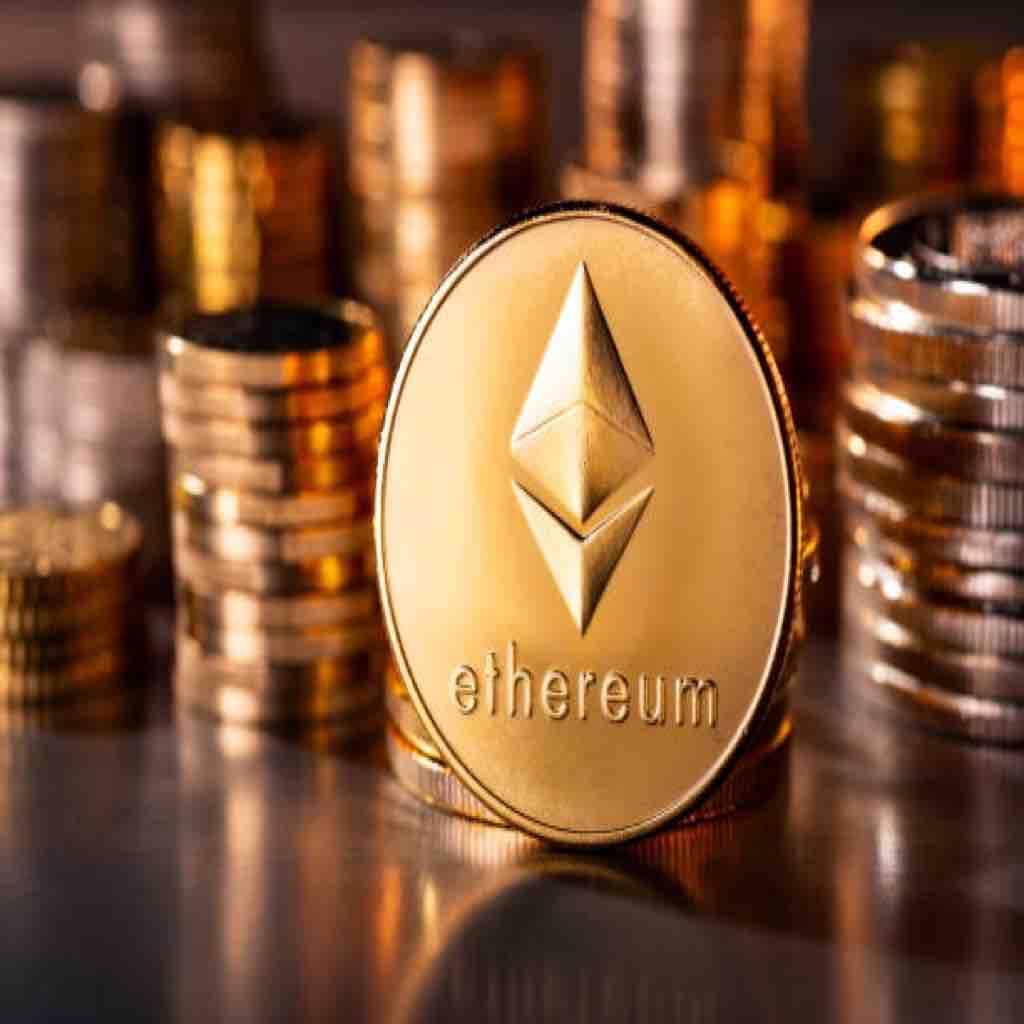The supply dynamics within the Ethereum network have experienced significant fluctuations amid a turbulent year for DeFi (Decentralized Finance), NFT (Non-Fungible Token) sales, and meme coin trading. Depending on the specific time frame examined, the token’s supply can appear either deflationary or inflationary. Every week, Ethereum tends to become scarcer, while when looking at a yearly perspective, it issues more tokens than it burns. This is in relation to the factors driving these changes in the token’s supply dynamics, why its transaction fees are decreasing, and what the future holds for the network.
Ethereum’s supply directly tied to gas prices
In August 2021, Ethereum introduced EIP-1559 (Ethereum Improvement Proposal 1559), which introduced a fee-burning mechanism. Since then, the network’s supply has been closely tied to gas prices. When gas prices rise, more Ethereum is burned in transactions, and vice versa. This fee-burning mechanism set the stage for the token’s transition from a proof-of-work to a proof-of-stake consensus mechanism, commonly known as the Ethereum 2.0 upgrade. This transition significantly reduced the issuance of new tokens, by as much as 90%, leading some to hail Ethereum as “ultrasound money.”
However, this label has come into question as gas prices have declined, along with transactional volume. Currently, transaction fees for sending the token across the network stand at around $0.28. According to data from Etherscan, the cost of a trade on Uniswap has dropped to $2.76, a substantial decrease from its $4.17 price in early September, and a level not seen since the FTX collapse in late 2022. Chris Martin, the head of research at Amberdata, has identified some key factors contributing to the decline in gas prices.
Future of the crypto market and the factors influencing gas prices
Cris Martin points to the Ethereum Foundation’s focus on scaling the network through Ethereum 2.0, which has led to cost reductions and enhanced security as the first factor. Martin also highlights the growth of Layer-2 scaling solutions, which have diverted significant transactional volume away from the mainchain. Martin also mentions the lack of a clear narrative, something that the broader crypto market has grappled with recently. He notes that many participants are eagerly awaiting the next major development or trend, and the current market environment offers fewer opportunities compared to 2021.
Julio Barragan, the director of education at Blocknative, a Web3 tool facilitating transaction management, believes that the current state of gas prices is temporary. Barragan asserts that when transaction volume increases, competition for block space will intensify, automatically driving up gas prices. However, Barragan acknowledges the uncertainty regarding the future of Ethereum’s gas prices, particularly with the gradual acceptance of ERC-4337, also known as account abstraction. This upgrade aims to make crypto wallets as user-friendly as email. Barragan points out that it remains unclear how account abstraction and the wider adoption of Layer-2 solutions will impact gas prices and, consequently, Ethereum’s supply.
He concludes that while lower fees can attract more users and activity to the blockchain, an influx of users can also lead to increased congestion, creating a complex and evolving landscape for the token’s supply dynamics. Ethereum’s supply dynamics have experienced significant shifts, driven by changes in gas prices, the transition to Ethereum 2.0, and the adoption of Layer-2 scaling solutions. While the current state of lower gas prices may be temporary, the long-term impact of developments like account abstraction remains uncertain. Ethereum’s journey toward a more scalable and user-friendly network is ongoing, and its supply dynamics will continue to adapt to evolving market conditions.




